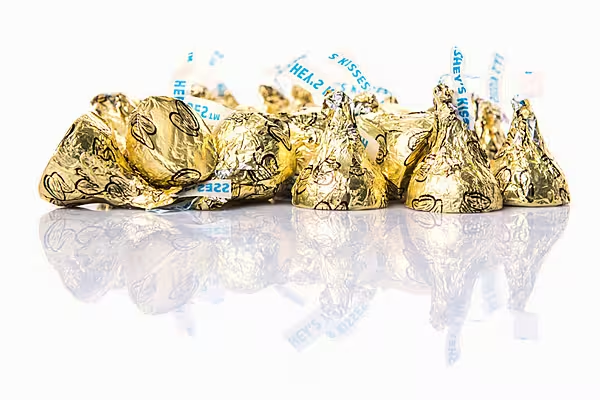The Irish Beverage Council (IBC), the Ibec group that represents soft drinks companies, has highlighted the benefits achieved by soft drinks companies reducing the sugar content of their products through reformulation. The IBC also raised questions regarding the minimal benefit of the proposed tax on sugar sweetened drinks.
IBC Director Colm Jordan said: “As an industry we recognise the growing societal multi factorial challenge of obesity and are fully committed to playing our part. Food Drink Ireland data, verified by the Food Safety Authority of Ireland, shows that our members have already removed 10 billion calories from the national diet from 2005 to 2012 by reformulating to reduce sugar content. Since 2012 the number of new 'no sugar' products brought to market has increased. In fact, just 3% of our calorific intake comes from sugar sweetened drinks.
“Further, two separate reports have highlighted the relative ineffectiveness of sugar/soft drinks taxes. A University of Oxford report - commissioned for the Department of Health - found that a tax would reduce obesity in Ireland by only 0.3%. This clearly shows that pursuing a Sugar Sweetened Drink (SSD) tax on public health grounds is a way of looking tough on obesity without actually tackling obesity.
“Digging down into the University of Oxford report, the figures show a reduction of 0.67% in the population who are overweight and obese, and a reduction in only 1.25% of the population who are obese. The rationale of introducing a measure that doesn’t work 99 per cent of the time must seriously be questioned.
Jordan drew attention to a separate analysis by the McKinsey Global Institute, which he said showed “product portion size and reformulation were the top two most effective interventions against obesity. The same report found taxation to be the 13th most-effective approach, out of 16.
“It is clear from these two reports and other evidence gathered from international health experts (NCD-RisC) that increasing the cost of beverages for the consumer does not work. It has been tried before and it has failed before. In fact, in four countries where sugar sweetened drink taxes were introduced (Mexico, France, Denmark, Hungary) obesity actually increased,” Jordan continued.
“The over simplistic idea, that taxing soft drinks impacts consumption, ignores the hard evidence. If demand was based on price ‘own brand’ soft drinks would be market leaders – they are not. Taste is a more significant factor in consumer choice than price. Reformulation, rather than price hikes, will have a greater impact on consumer behaviour and calorie intake with no increase in the cost to our weekly shop.
“We are continuing to work with Government to deliver real and effective solutions to yield real public health benefits,” Jordan concluded.
© 2017 - Checkout Magazine by Donncha Mac Cóil








